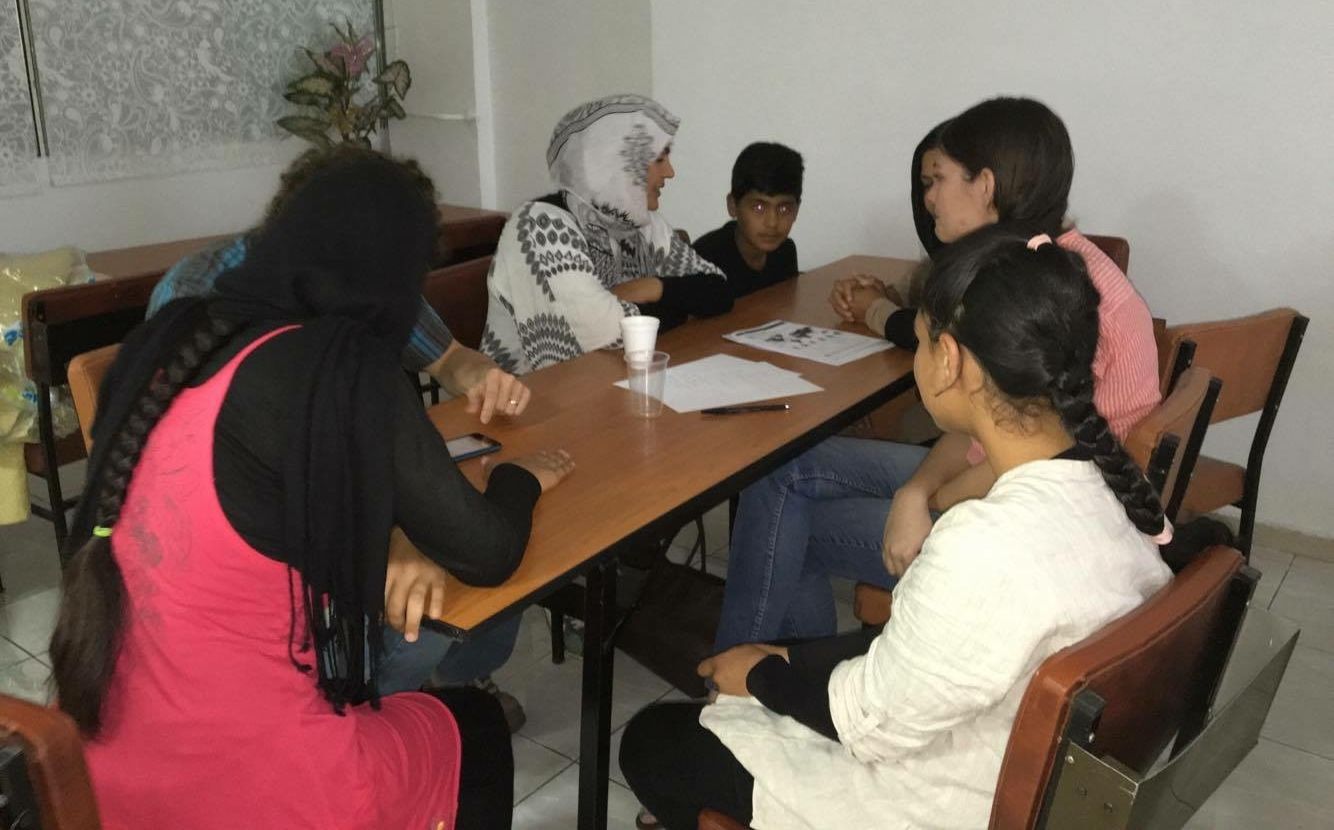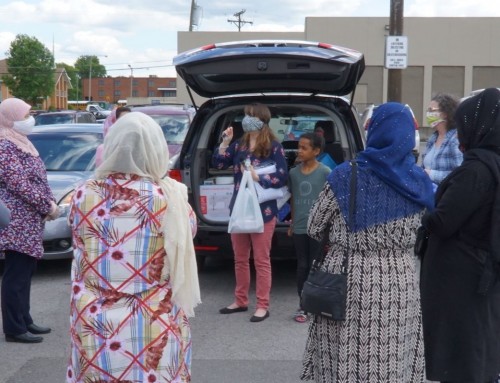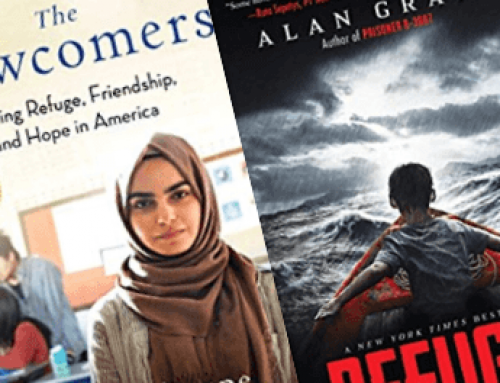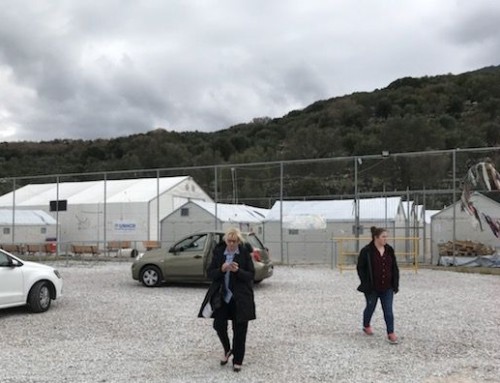Imagine a teenage boy whose country has been ripped apart by a war that has rocked the world. His family is destitute and eager to get out of a place where they are still being persecuted. The war has brought them nothing but poverty and death. They can’t afford to send everyone though, they can only send their eldest son. He is young and strong. He can learn quickly, find a good job and establish a place that his family can follow him to. Plus sending him away will keep him from being conscripted into the army and almost certain death.
His mother kisses him goodbye on the day of his departure, telling him that the hopes and prayers of the family go with him. His father shakes his hand and tells him that it is time for him to be a man, to think of his family before himself. The boy sets off from home to head for countries that don’t want him. Some are actively trying to wipe his people from the face of the earth. Maybe he has to cross borders at night or skirt the edges of towns to be undiscovered. Occasionally he is met with kindness, but more often he finds anger as his only welcome.
Leaving
Finally, he pays for passage on a boat. He’s never been on a boat in his life, never even seen the sea. He hunkers down, barely speaking to the others. All of them are praying for smooth passage. The mothers and babies remind him of his own family at home and he aches with missing them. He wonders if he will see them again. Right now he must survive because they need him. This boat must make it across the water, he must find a job and a house. He has to rescue his family from devastation.
The boat makes landfall and he and his fellow passengers are shuffled into lines, poked and tested for their health, asked their names and origins. His name, unbeknownst to him, is written down inaccurately. This will have future repercussions that separate him even further from his family back home and which are not at all his fault. After all the proper papers are stamped he is released into the big city to fend for himself. He hears about neighborhoods where other people who share his language and culture live. He seeks out that familiarity. He finds a job and starts to hope that he can bring his family to this country of peace soon.
He does eventually manage to make a place in this new country for his family, bringing as many of them over as soon as he is able. He marries a woman from his home country. They have 11 children. Those children marry and have children, who then also marry and have more children. One of those children is me. This is the story of my great grandfather.
Refugee Echoes
But it is echoed in the story of another. I met a refugee in Greece who has a similar story. He is trying to do for his family what my great grandfather was allowed to do. He wants a better life for them and he is trying to create it while he is far away. I cannot see this Syrian man as an “other” because his current story is the story of my past. He is living through what my family lived through. I look at him and think about three generations from now and what his great grandchildren will be doing, what they will be. He wants more for them than war and suffering. And I want that too. Because my family got it and I benefitted. How could I keep that from him and his children?




